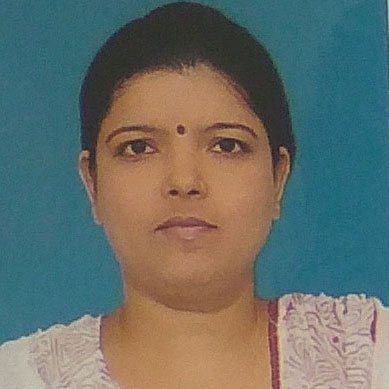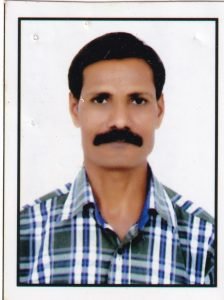For thousands of years, ancient traditions and knowledge were passed on from generation to generation through only one language – Sanskrit. Sanskrit thereof contained in itself the very essence of Indian culture. Sanskrit is only scientific language which has no difference between listening, reading and writing. Every word is has different sound. Sanskrit was considered as “Dev Bhasha”, “Devavani” or the language of the Gods by ancient Indians. The word Sanskrit, meaning “refined” or “purified”, is the antonym of prakrita, meaning “natural,” or “vulgar. The corpus of Sanskrit literature encompasses a rich tradition of poetry and drama as well as scientific, technical, philosophical and dharma texts. It has been attested that one of the first written records may have been in Sanskrit. It was probably the texts that make of the Rig-Veda, which is a collection of Hindu hymns that dates back to ancient times. Besides its importance to Hinduism, Sanskrit is also a philosophical language used in Jainism, Buddhism, and Sikhism. The main language of Buddhism was Prakrita at first, but later Sanskrit was adopted, with some of the most important Buddhist literature being written in Sanskrit. The Guru Granth Sahib, the most important Sikh religious text, is written in a few different languages, one being Sanskrit. One of the most popular languages in India today, Hindi, is hugely influenced by Sanskrit, and is in fact a register of the Khariboli dialect that has been “Sanskritised”. If you take a look at the modern Indo-Aryan languages, you will see that many of them directly borrow grammar and vocabulary from Sanskrit. Beyond those of modern India, other languages in nearby regions have been influenced as well.
The modern Indian languages have the potential to be the medium of all human activities in their respective native regions and no useful purpose is, therefore, likely to be served by the study of the “Deva Bhasha”. Sanskrit studies are useful to research scholars in the field of comparative linguistics. There is no ban on the study of Sanskrit by anyone who is interested in learning different languages with their private efforts and money. The state governments will do well to do everything at their disposal to promote the study of the native language of their respective states. Proficiency in English is essential for those living in the non-Hindi speaking states of the country. The introduction of a uniform two-language formula (native language of the state and English in non-Hindi states and Hindi and English in Hindi states) throughout the country, is the need of the hour
- The department was established in 1997
- The Department of Sanskrit has been working actively since last 22 years in imparting education to students at Graduate and Post Graduate Level.
- The Department was formerly headed by scholar, luminaries like Prof Dr. M.A. Dave
- It is the proud privilege of the Sanskrit Department that all the teachers have Ph.D. Degrees and are actively engaged in research.
- Currently Dr. Gayatriben C. Barot is heading the Department.
- The Department has given a large number of teachers, lawyer to the society
- Sanskrit is offered as a core compulsory, core elective and elective open.


